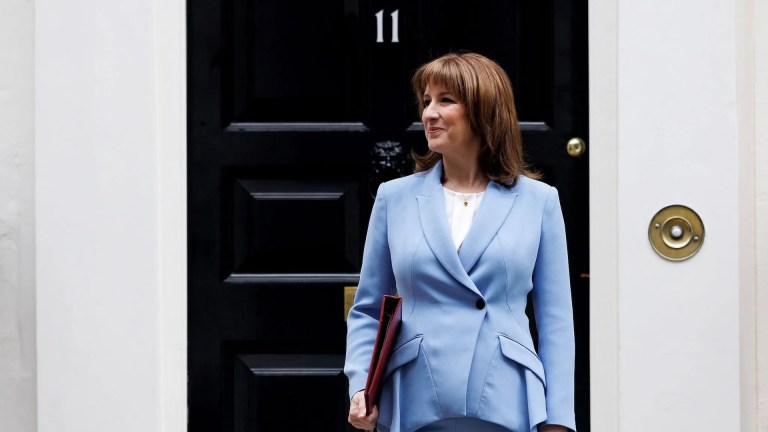With prices seeming to increase every time you visit the shops, it’s natural to wonder whether retailers are using the climate of inflation as cover to ratchet up their prices. The idea has even been given its own fancy term: greedflation.
Inflation, currently sitting at 8.7% as of May 2023, is having an impact on everybody through higher prices. But there are knock-on effects, with the Bank of England raising the base rate of interest to 5% to try and combat inflation, meaning those on tracker mortgages face increased payments.
The narrative has long been that wage rises, along with high energy prices, are fuelling inflation. As thousands continue striking for better wages, government ministers are insisting meeting those demands would make inflation worse. Bank of England governor Andrew Bailey has said “unsustainable” pay rises are stoking inflation, and told employees to show restraint in their demands for a pay rise.
But new evidence shows another side of the story. Is greedflation partly to blame for rising prices?
Even the Bank of England and the IMF are now admitting retailers are making higher profits as they raise prices in shops by more than their costs are increasing.
As Bailey put it in a letter to Jeremy Hunt: “The continued pass-through of costs to consumer prices may also be indicative of some rebuilding of profit margins by retailers”.









